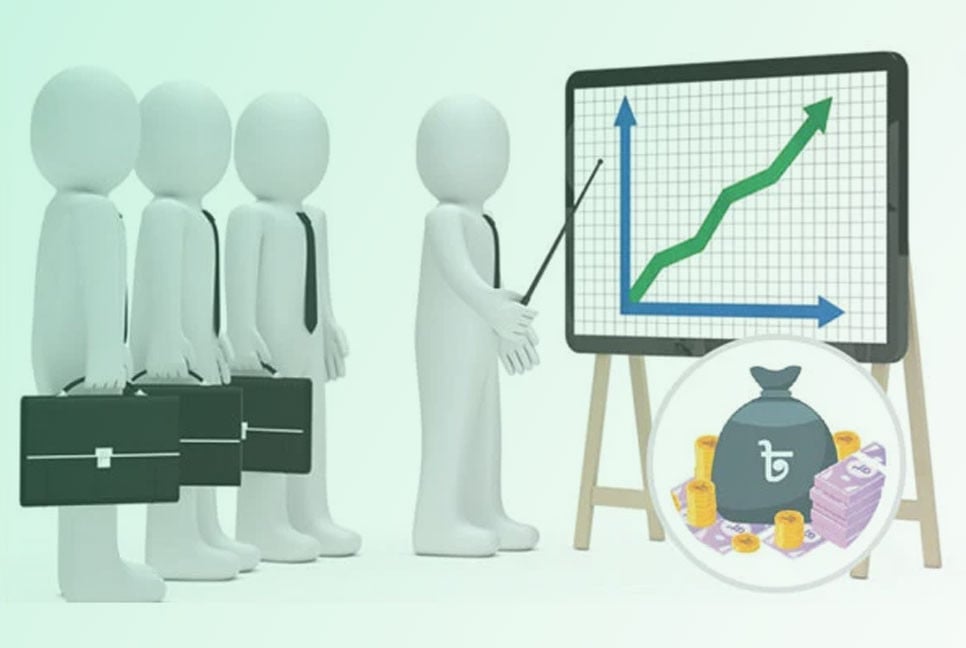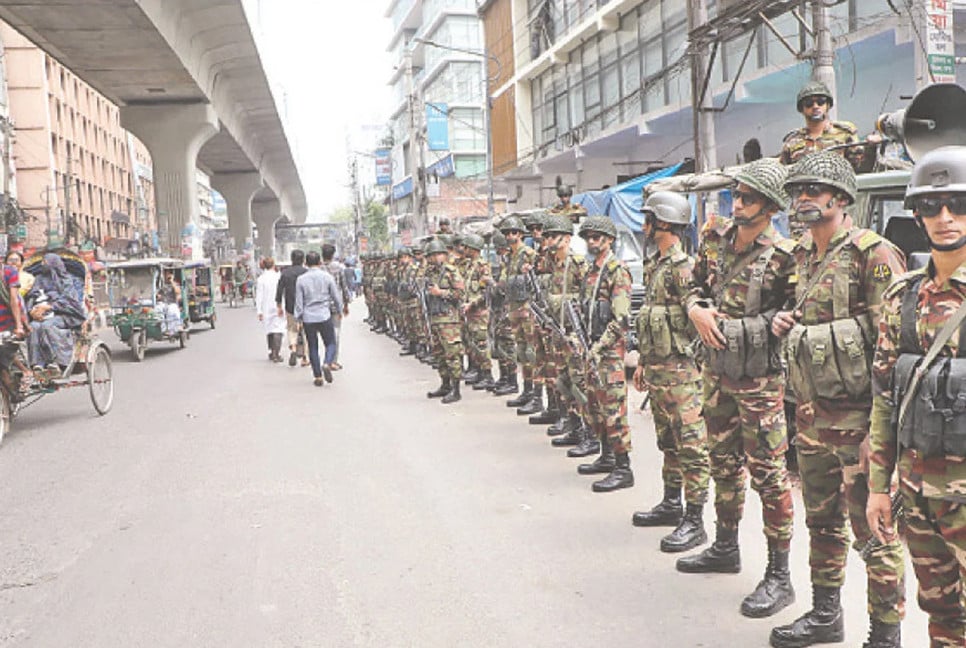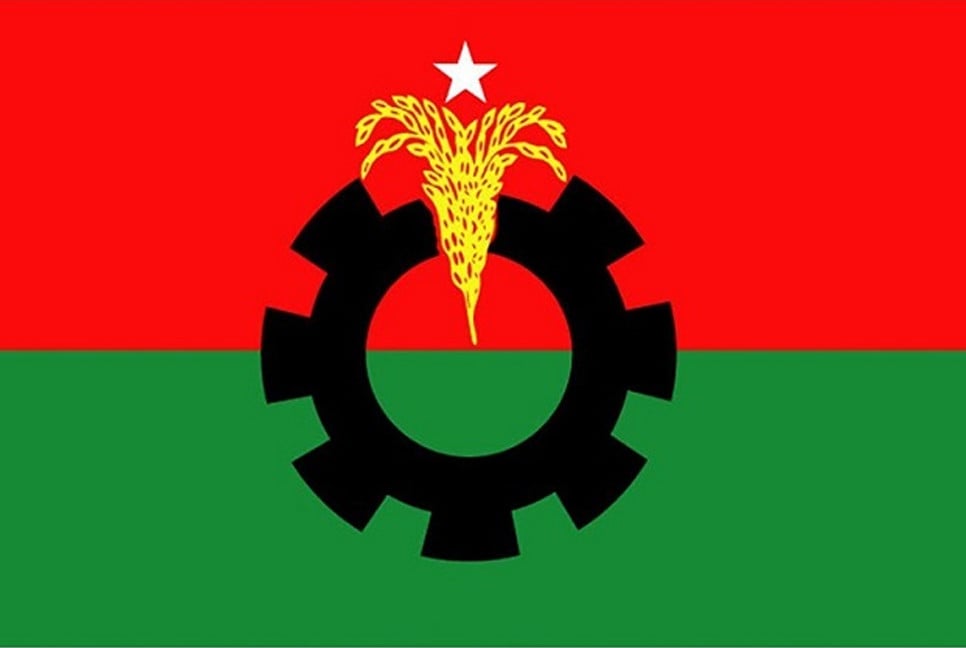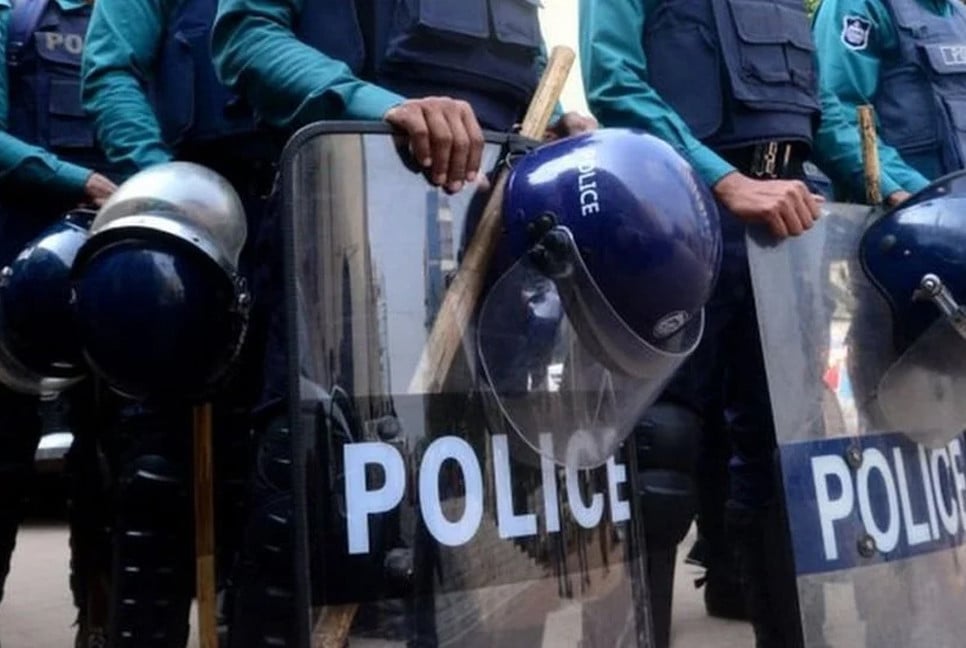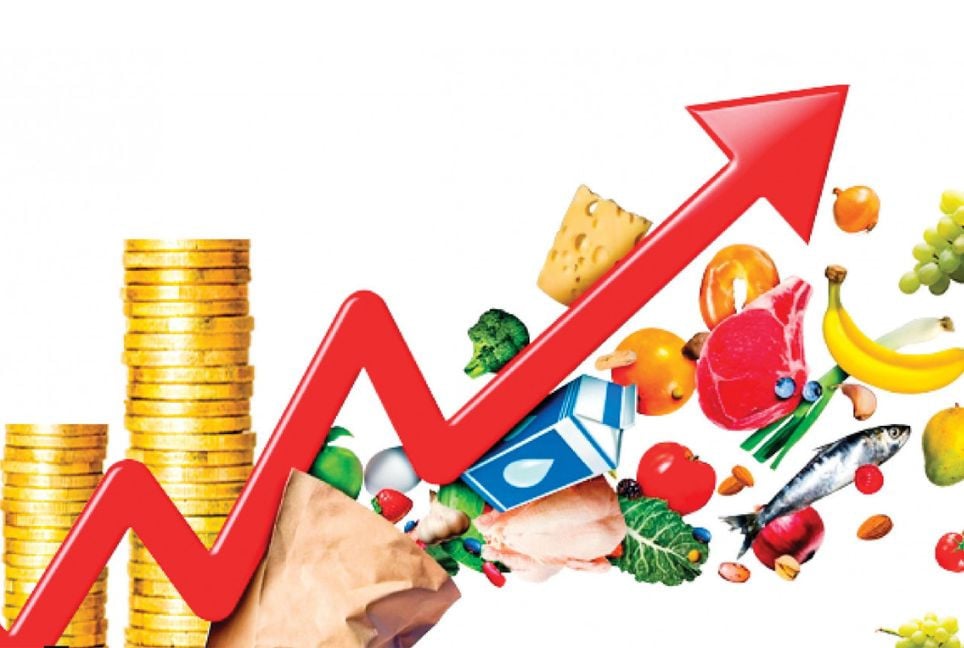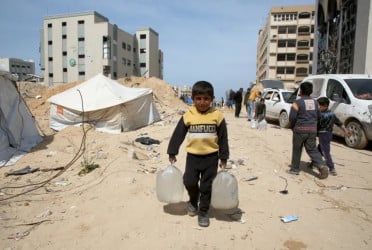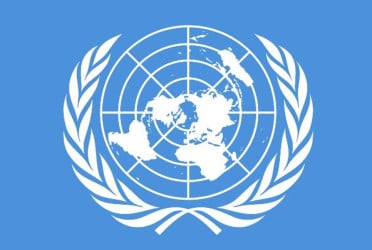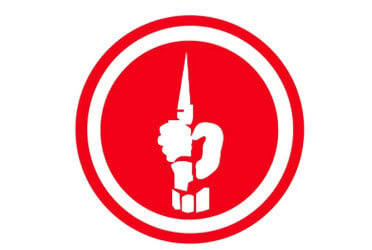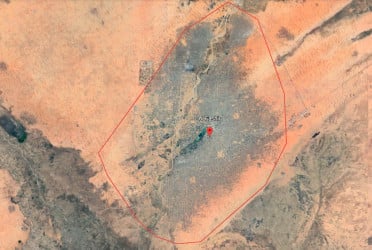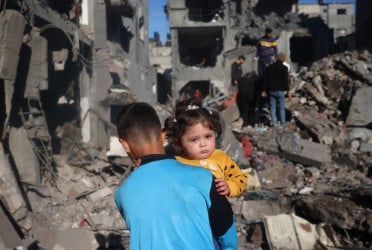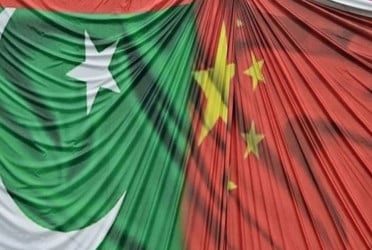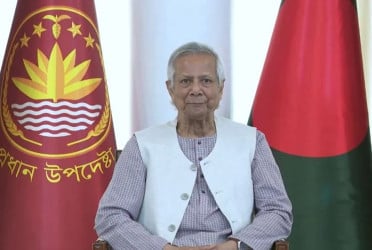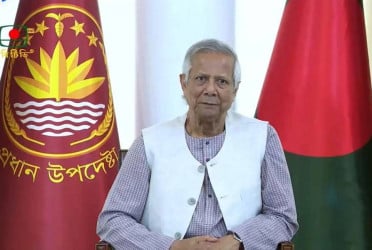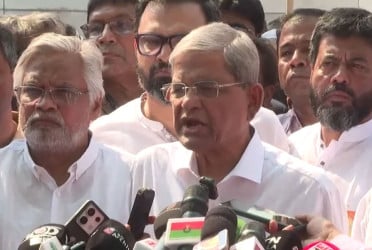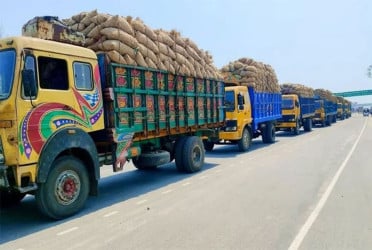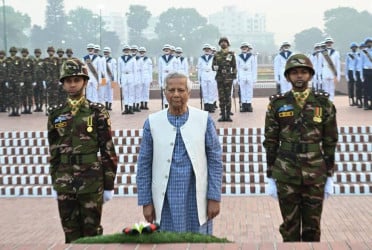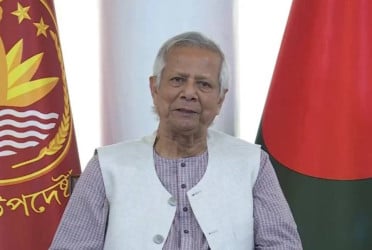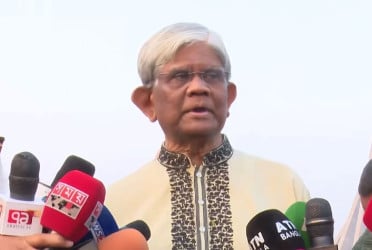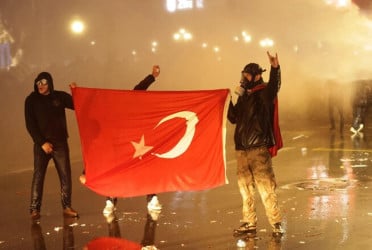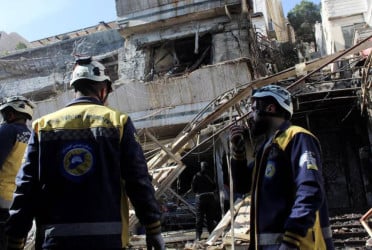The Russia-Ukraine war was started in 2022 even the effect of Covid-19 isn’t fully over. This incident brought in a negative impact on the economy that’s already in crisis and made it worse. The war caused the hike of the price of food products, along with the global price escalation of gas, electricity and other fuel. There’s no doubt that Bangladesh is one of the worst victim of the circumstances.
The mass people in the country hit hard by the excess price of the essentials. Many people had to draw the savings to execute the expenses to live the life. The government revenue was also reduced because of the deficit in collecting revenues. This leaded to crisis in government reserve and ministries, divisions and agencies of the governments, who were in charge of implementing budget, were in distress. The works of development projects became slow. The government tried to carry on the project by selecting urgent and important ones. The rate of budget implementation came down under 10 percent. In order to resist dollar crisis, almost all types of foreign visits were cancelled and government imposed restrictions on import. The banks began to become unable to open even the important LCs. As a result, almost every index of collective economy was fallen.
On the other hand, the import expenses rose at an abnormal rate, along with low export and remittance. Hence, the reserve of foreign currency dropped from $46 billion to $33 billion. If $8 billion of Export Development Fund (EDF) is excluded, it’s only 22 billion.
The inflation at the end of the November was 9 percent. However, the economy experts think the real inflation crossed 12 percent. Meanwhile, to tackle the situation, government had to cut down the growth target in the budget of 2022-2023 fiscal years. Besides, the initiative to solve situation by printing money hasn’t been that much successful. So, the pressure of inflation has been increasing a lot and people had to cut down the budget of purchasing foods.
According to center for Policy Dialogue (CPD), at present the country is going through seven types of crisis, which includes dollar crisis, hike in fuel price, rising inflation, concern over food products, climate change, Russia-Ukraine war and after-Covid situation. CPD had provided seven recommendations to overcome these crises. The recommendations are cancelling the rebate on tax in import, taking initiatives to break the syndicates who are controlling the market, increasing the wage and salary of the workers, taking steps to increase income of the people, increasing internal production to overcome food crisis, continuing the subsidy in fertilizer industry and enhancing allotment in renewable energy.
CPD executive director Dr Fahmida Khatun Said, “The crisis has turned into a global one and the growth in multiple sectors in many countries were hampered. Bangladesh has also become victim of the circumstances. The dollar market become unstable from the beginning of the year and the dollar price began to increase very randomly. Even, the price crossed Tk 120 per dollar. The cost of importing products was reduced to half by imposing restrictions on import; however, the dollar market is out of control till now.
According to renowned economist and executive director of Policy Research Insitute, Dr Ahsan H Mansur, the market isn’t becoming stable due to the difference in bank rate, open market rate and remittance sector rate. On the other hand, government had to close some power stations due to shortage of fuel and imposed restrictions on import of almost every product except daily essentials. However, we can hopeful as at the end of the year, the power consumption was reduced and the there’s seemingly no electricity crisis right now.
@The report was published in Bengali on print and online versions of The Bnagladesh Pratidin on December 23 and rewritten in English by Lutful Hoque


